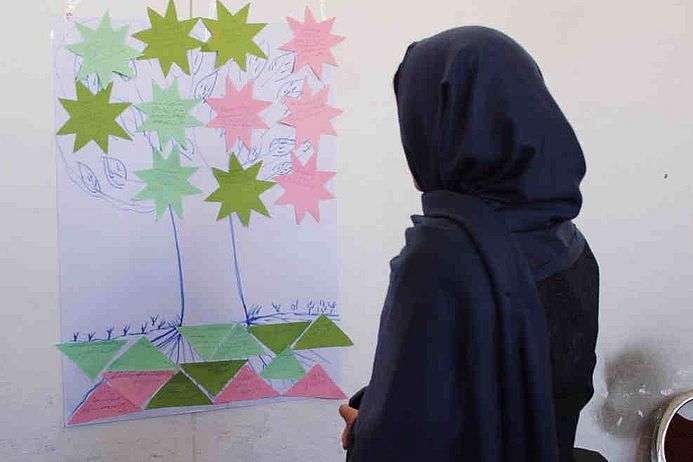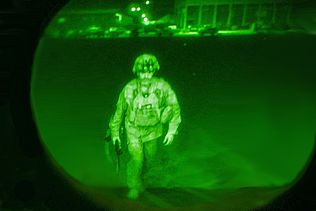A state of war lasting for almost 40 years (with interruptions) initiated by outside interventions has transformed Afghanistan into a failed state. The US-led war after 11 September 2001 and the subsequent ISAF mission have deepened the divides – economic, social, cultural, ethnic and religious – which split the society. The great majority of the population are left to fend for themselves in their poverty and with their psychological injuries.
For example, the action plan for peace, reconciliation and justice co-developed with the UN in 2006 was never implemented. Consultations between the current government and the Taliban, and the appointment to the High Peace Council of individuals alleged to have committed human rights violations show clearly that no serious “top down” efforts can be expected to discover the truth, pursue injustices and compensate victims. This makes it all the more important to have forces like medico’s partner Afghanistan Human Rights and Democracy Organization (AHRDO) that are insisting on a peace based on justice, with a voice for the victims of the war.
The human rights organisation was founded in 2009 by seven Afghan men and women who had decided to go their own way, based on their experience with international NGOs and government organisations. For a juridical and (above all) social and psychosocial processing of past wrongs, AHRDO is calling for democratic approaches driven by people at the base of society. The emphasis is on particularly marginalised and traumatised population groups, victims of war and their dependants.
Specifically, the activists are working on the formation of grassroots groups and local networks. Building on the Afghan tradition of councils, local councils of war victims were formed several years ago in the provinces of Kabul and Balkh. AHRDO offers literacy courses and discussion forums through these structures. The organisation also uses techniques from theatre and art pedagogics, particularly the participative approach of the “Theatre of the Oppressed”. Theatrical pieces are worked up from people’s stories, and staged as a joint effort. There have been several hundred performances, in which individual fates become understandable as part of a collective experience.
In 2014, AHRDO extended its reconciliation and empowerment work to the provinces of Nangarhar and Bamyan – a courageous step with symbolic significance! The province of Nangarhar is close to the border with Pakistan, a disputed region under Taliban control. Bamyan, by contrast, is regarded as a largely peaceful region, although also particularly disadvantaged.
The majority of the population are Hazara, whose resistance to the central government and Taliban was met by reprisals and forced displacement. The refusal to retreat from these dangers and the commitment to the weakest elements of society say a great deal about AHRDO’s understanding of solidarity. In an effort to advance on the political, social and cultural fronts, they are now pushing ahead with the foundation of a multi-regional war victims’ council. The goal is to bring together the demands of various groups and make them heard – so clearly that they are even noticed in Kabul.


